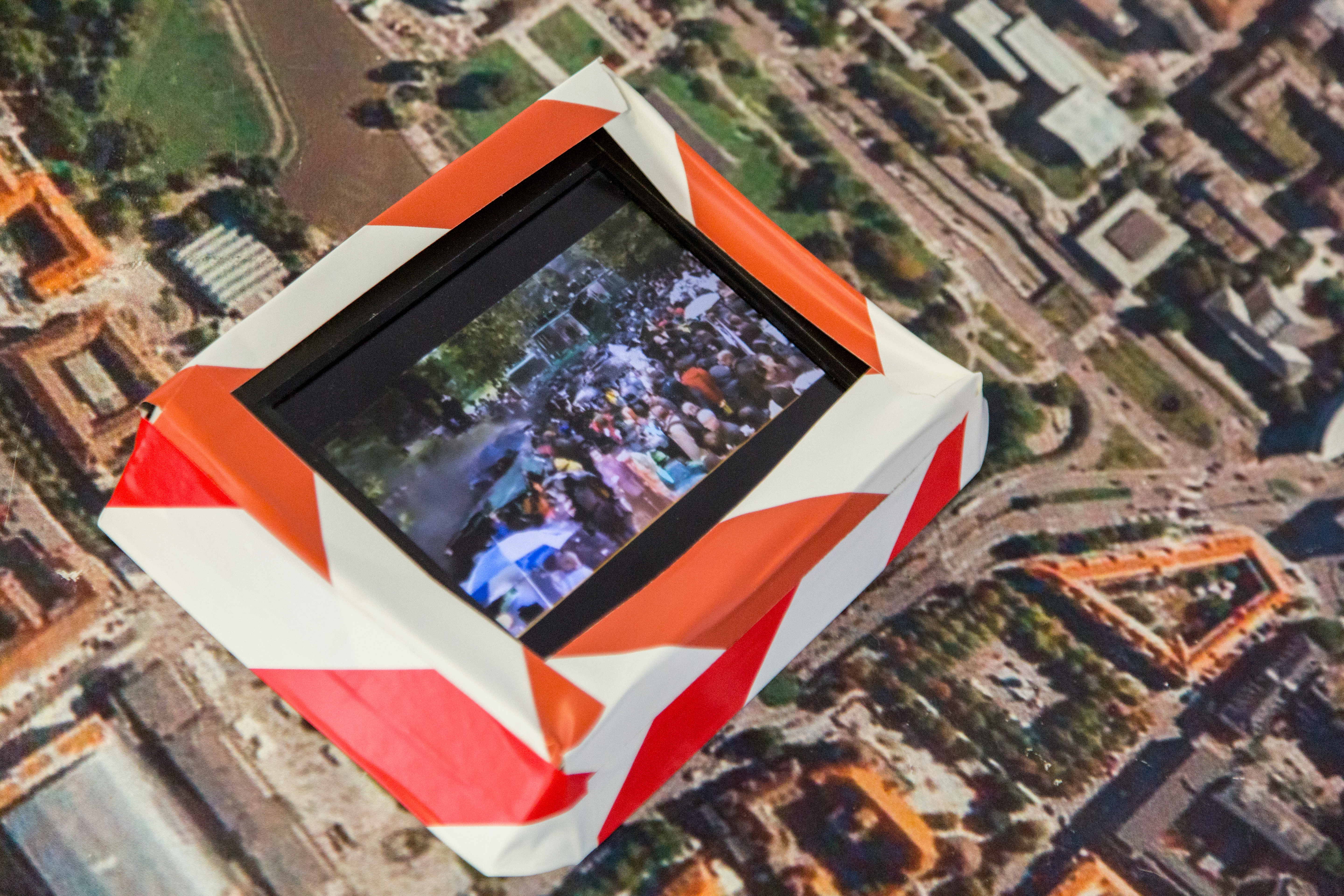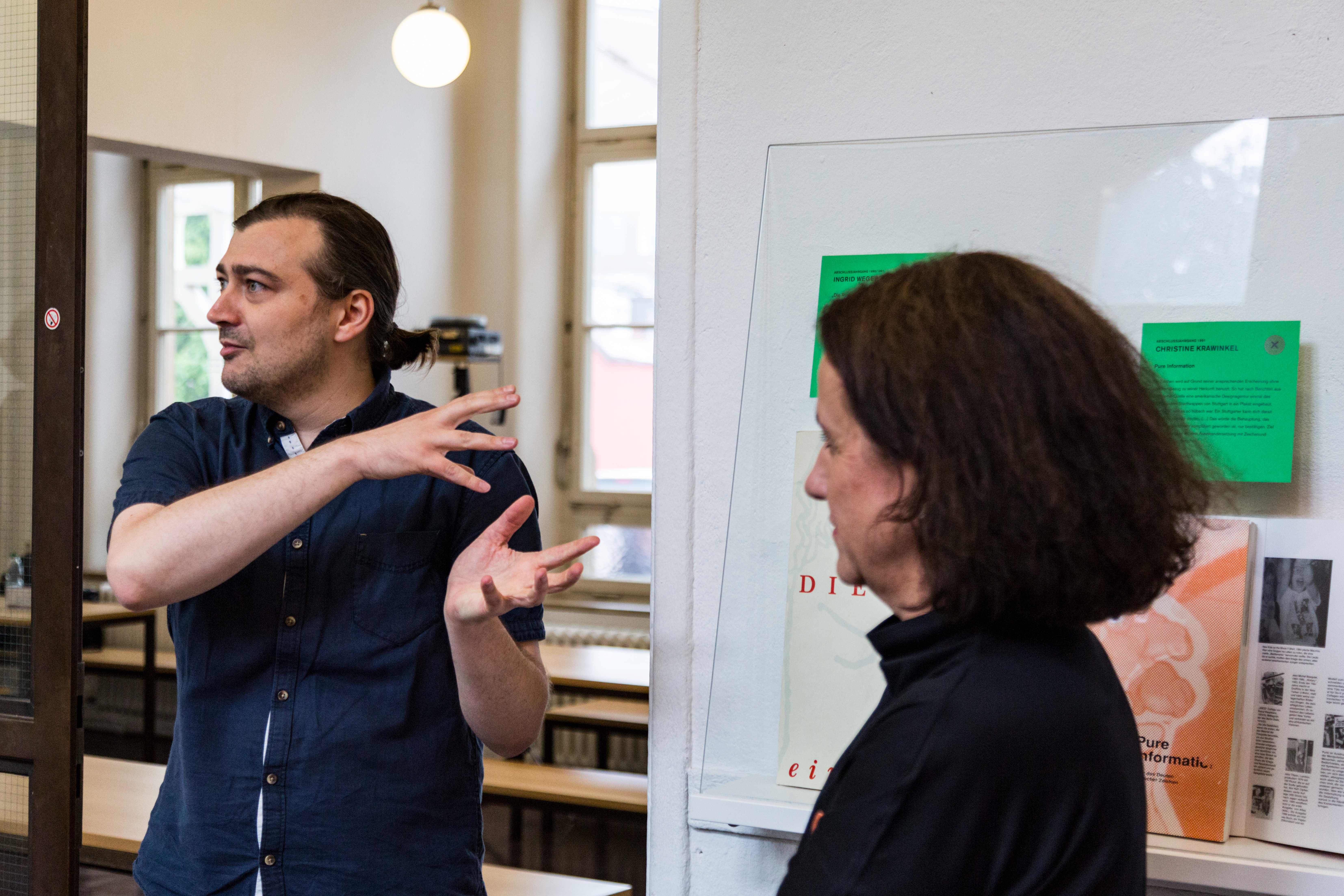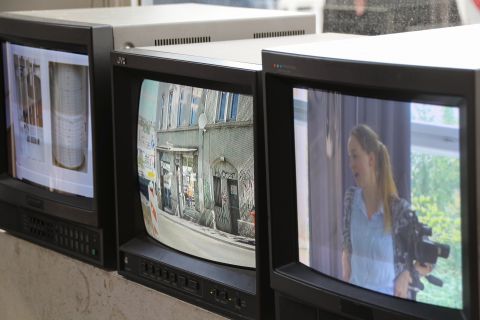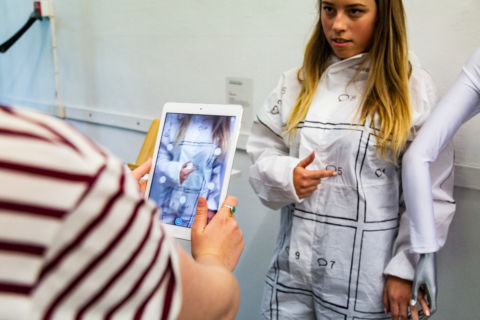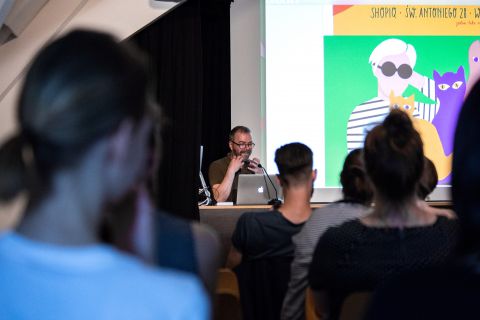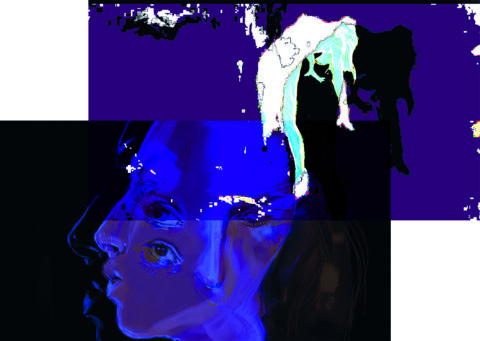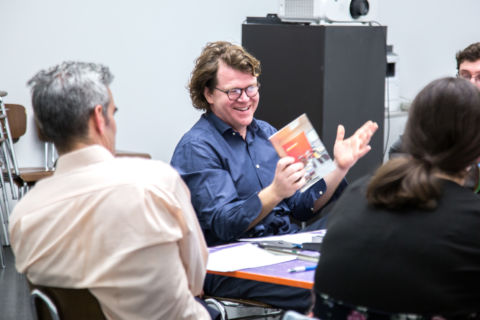
Our ambition with this Creator Doctus project (co-funded by the Erasmus+ Programme of the European Union) is to enable Higher Arts Education Institutions in all countries signed up to the Bologna Declaration to be able to independently enter into the 3rd Cycle level with an award recognised at the same level of, and equivalent to, PhD.
At the final conference in October 2021, the publication The Creator Doctus Constellation: Exploring a New Model for a Doctorate in the Arts was presented, including a paper by Prof. Dr. David Quigley and a case study on “Maritime Markers/Beacons” by Master’s alumna Caroline Meyer-Jürshof.
Project partners are: EQ-Arts, Athens School of Fine Arts, Gerrit Rietveld Academie Amsterdam, Royal Danish Art Academy of Fine Art, École Nationale Supérieure d’Arts de Paris-Cergy, Glasgow School of Art, Vilnius Academy of Arts and Merz Akademie, represented by Prof. Dr. David Quigley.
